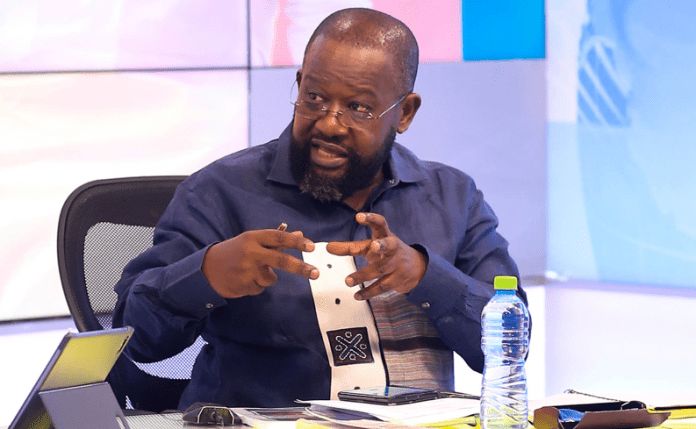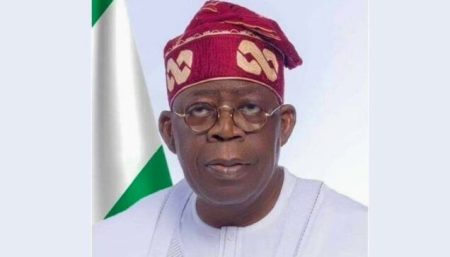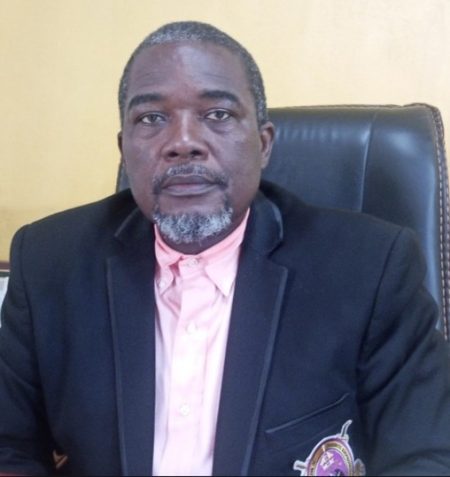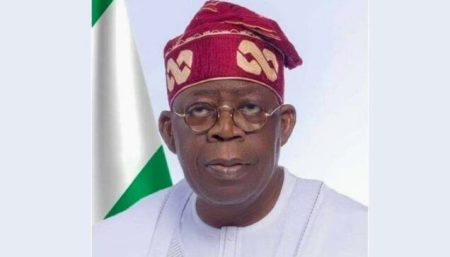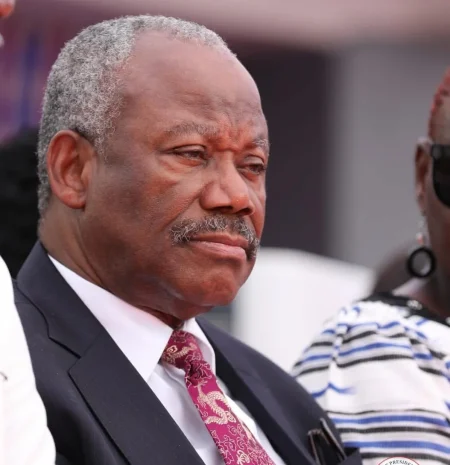The unfolding controversy surrounding Chief Justice Gertrude Torkornoo’s potential removal from office has sparked intense debate and raised crucial questions about due process, judicial independence, and the treatment of high-ranking officials facing impeachment proceedings. The Chief Justice, in a supplementary affidavit submitted to the Supreme Court, has vehemently protested the manner in which the removal petition against her is being handled, characterizing the process as degrading, inhumane, and unconstitutional. She alleges a violation of her fundamental rights, including the right to be formally informed of the specific allegations and the basis for establishing a prima facie case against her. This lack of transparency and procedural fairness, she argues, constitutes an “assault on judicial independence” and warrants an injunction to halt the ongoing proceedings.
The Chief Justice’s impassioned plea has resonated with some, including Lawyer Kwame Jantuah, a prominent member of the Convention People’s Party (CPP). Jantuah, speaking on Accra-based Joy Prime, has publicly urged the Chief Justice to resign if she feels her rights are being trampled upon. He contends that enduring such a process while alleging significant violations of fundamental human rights diminishes the dignity and authority of the office. Jantuah’s call for resignation, while perhaps controversial, underscores the gravity of the Chief Justice’s claims and highlights the potential damage that a flawed impeachment process can inflict on public confidence in the judiciary.
At the heart of this controversy lie fundamental questions about due process and the balance between holding high-ranking officials accountable and protecting their rights. The Chief Justice’s assertion that she has not been formally apprised of the specific allegations against her raises serious concerns about the fairness and transparency of the proceedings. A fair and impartial process demands that the accused be fully informed of the charges, allowing them to adequately prepare a defense and challenge the evidence presented. Without this fundamental right being upheld, the legitimacy of the entire process is called into question.
The perception of an “assault on judicial independence” adds another layer of complexity to this already contentious situation. The judiciary, as a separate and independent branch of government, plays a vital role in upholding the rule of law and safeguarding the rights of citizens. Any action, real or perceived, that undermines this independence poses a significant threat to the integrity of the legal system and the balance of power within a democratic society. The Chief Justice’s claim that the proceedings against her constitute such an assault underscores the need for vigilance and a critical examination of the process to ensure it adheres to the highest standards of fairness and impartiality.
Lawyer Jantuah’s blunt suggestion that the Chief Justice resign if she feels mistreated raises questions about the available options for those facing what they perceive to be unjust proceedings. While resignation may be seen as a drastic step, it highlights the personal toll that such a process can take on an individual and the difficult choices they face when their rights are allegedly violated. Whether resignation is the appropriate course of action is ultimately a personal decision, but the very fact that it is being suggested publicly underscores the seriousness of the allegations and the need for a thorough and transparent investigation.
The ongoing controversy surrounding Chief Justice Torkornoo’s potential removal from office serves as a stark reminder of the importance of upholding due process, ensuring transparency, and safeguarding judicial independence. The allegations raised by the Chief Justice demand careful consideration and a commitment to addressing any potential flaws in the impeachment process. The outcome of this situation will have significant implications for the future of the Ghanaian judiciary and the public’s trust in the integrity of the legal system. The resolution of this controversy must prioritize fairness, transparency, and the adherence to fundamental rights, ensuring that justice prevails not only for the Chief Justice but also for the integrity of the judicial system itself.





